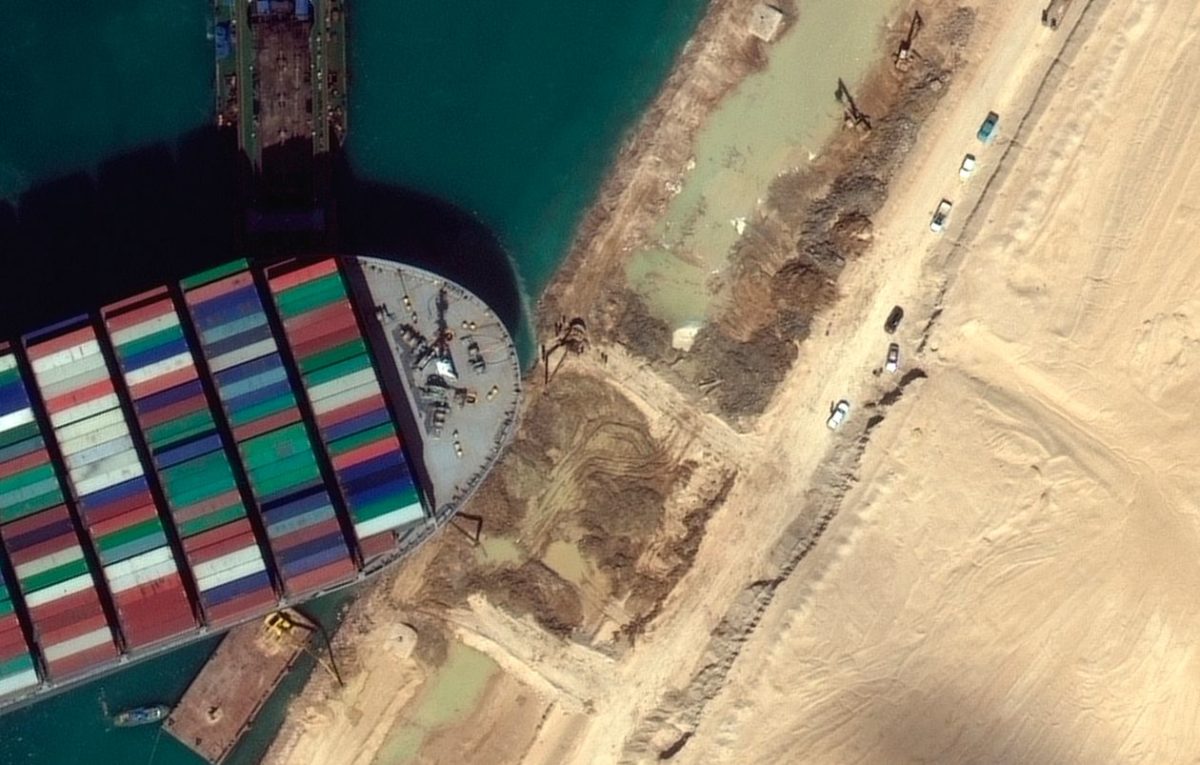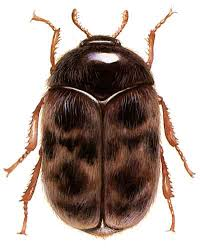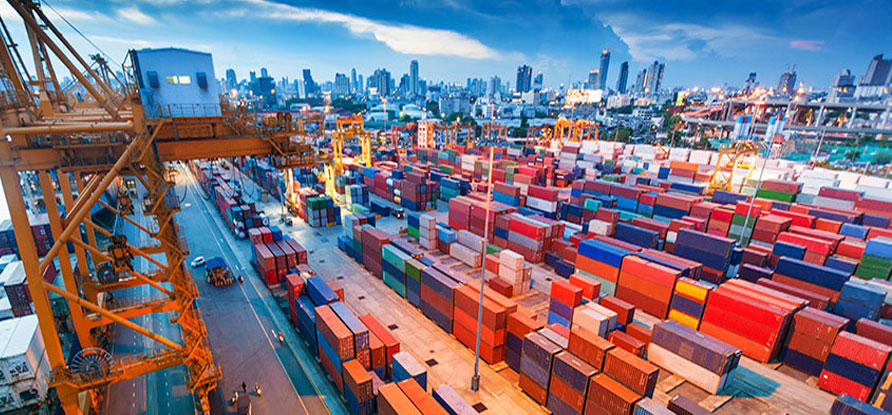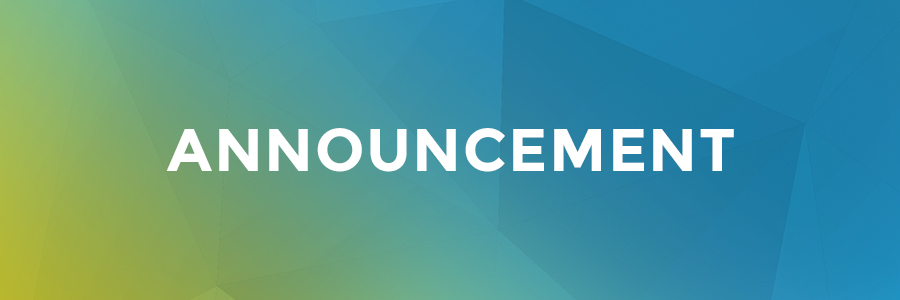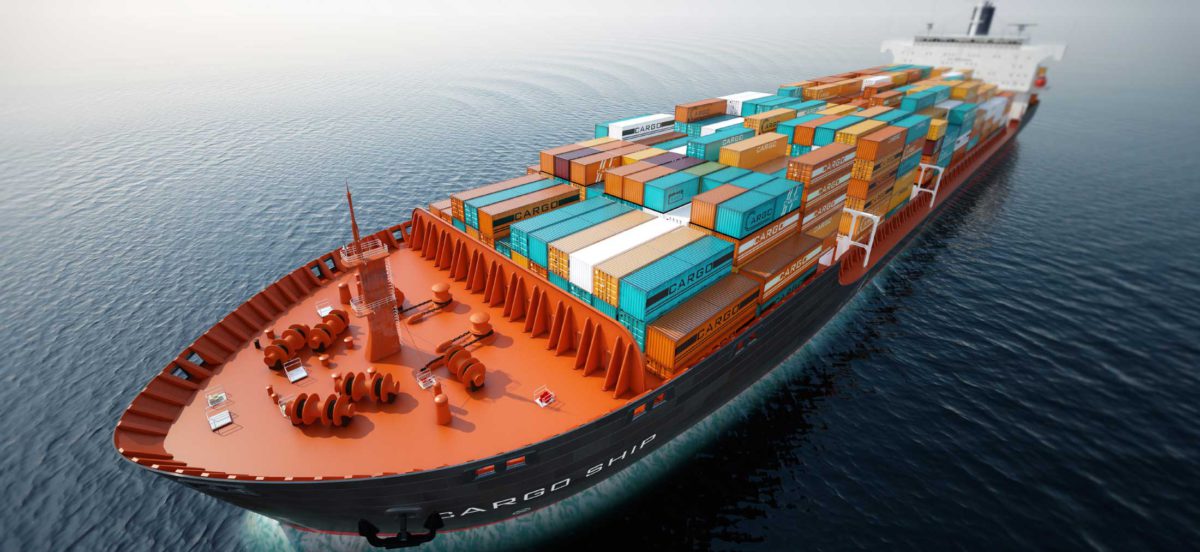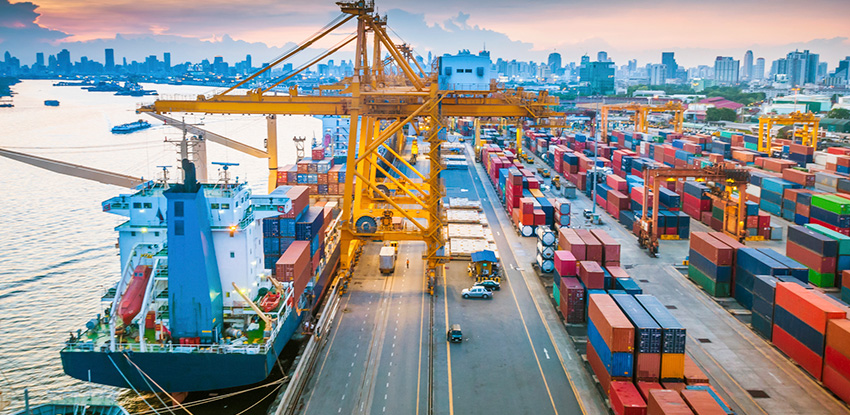Airline Handling Fees:
Airline Cargo Terminals have reviewed their Australian handling charges for 2021 and have announced that handling Charges will increase from 1st March 2021 to below levels:
- Arline Airwaybill Fee              AUD 60.00/airway bill
- Airline Handling Fee              AUD 0.59/kg, Minimum AUD 59.00
- International Terminal Fee       AUD 0.20/kg, Minimum AUD 50.00
Port Infrastructure Levies:
Australian Port Terminals are set to again increase their charges on import containers into below Australian ports.
The new charges, while being vehemently disputed by freight forwarders, trucking companies and industry representatives with both the operators and various State and Federal Governments, will add additional costs to trucking company operations.
The new charges will be applied from 1st March, 2021:
Sydney:
Side-Loader Trailer Access Fee    AUD 80.00/container
Port Infrastructure Levy              AUD 140.00/container
Melbourne:
Port Vehicle Booking Fee           AUD 40.00/container
Port Infrastructure Levy              AUD 155.00/container
Brisbane:
Port Vehicle Booking Fee           AUD 40.00/container
Port Infrastructure Levy              AUD 155.00/container
Fremantle:
Port Vehicle Booking Fee: Â Â Â Â Â Â Â Â Â Â AUD 40.00/container
Port Infrastructure Levy               AUD 75.00/container
Industry bodies are currently lobbying State and Federal Governments in order to end these continual cost increases, further approaches are underway in lobbying Governments to also implement an enquiry into Port Congestion Surcharges, Storage Charges and Empty Equipment Detention Fees being levied by Shipping Lines.
IMO 2020 Low Sulphur Fuel Surcharge:
MSC Lines have announced a change to their above surcharge from 1st March, 2021, the new levels will be applied as follows:
From North East Asia to Australia/NZ Â Â Â Â Â Â USD 30.00 per 20ft container, USD 60.00 per 40ft container
From South East Asia to Australia/NZ Â Â Â Â Â Â USD 41.00 per 20ft container, USD 82.00 per 40ft container
OOCL Line has also revised their surcharge as follows, effective from 1st March 2021:
From North Asia to Australia/NZ Â Â Â Â Â Â USD 45.00 per 20ft container, USD 90.00 per 40ft container
From South East Asia to Australia/NZ Â Â Â Â Â Â USD 26.00 per 20ft container, USD 52.00 per 40ft container
Peak Season Surcharges:
CMA-CGM and ANL Line have announced a Peak Season Surcharge will be implemented from all North European ports (excluding Spain and Turkey) effective from 1st March 2021 at a level of USD 200.00/20ft and USD 400.00/40ft container.
MSC Line have announced a Peak Season Surcharge will be implemented from all European, UK, Baltic and Mediterranean origin ports effective from 8th March, 2021 at a level of USD 250.00/20ft and USD 500.00/40ft container.
All above rate variations will be added to GPSM web rates.

